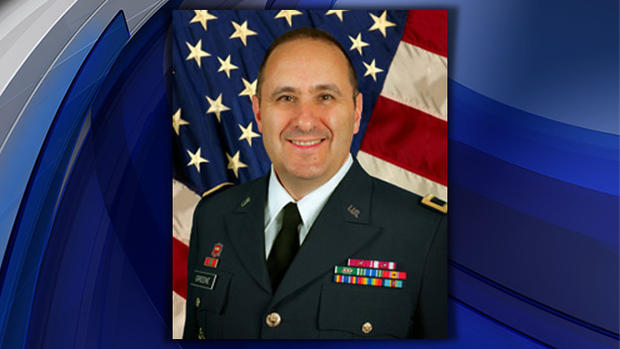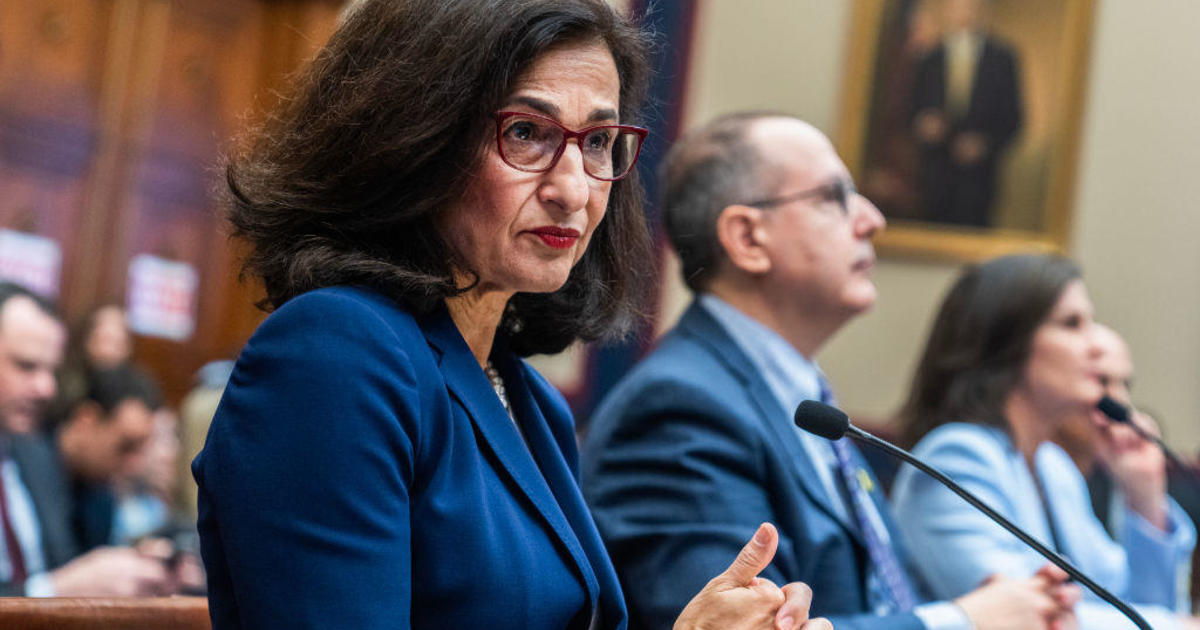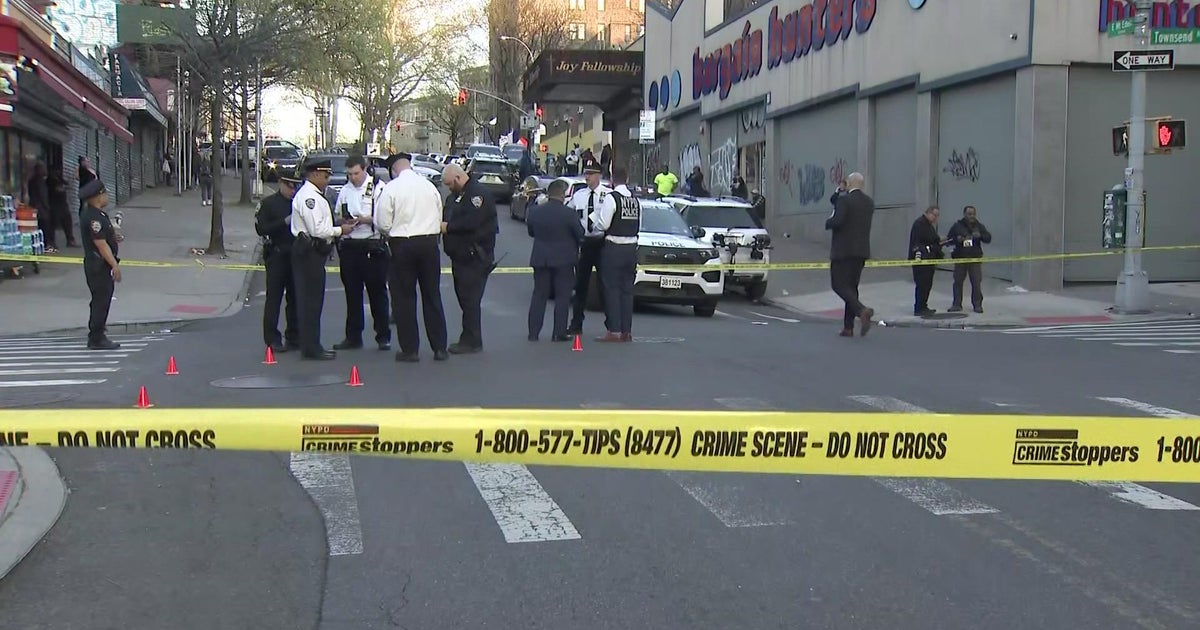Harold Greene, Army General From Albany, Gunned Down In Apparent Insider Attack In Afghanistan
ALBANY, N.Y. (CBSNewYork/AP) -- The general killed during an apparent insider attack in Afghanistan on Tuesday was an Albany native.
Maj. Gen. Harold Greene, who graduated in 1980 from Rensselaer Polytechnic Institute in Troy, was the highest-ranking American officer killed in combat since 1970.
Greene was the deputy commanding general of the combined security transition command unit in Afghanistan. Trained as an engineer, Greene was involved in preparing Afghan forces for the departure of U.S.-coalition troops at the end of this year.
Greene was killed in one of the bloodiest insider attacks of the long Afghanistan war when a gunman dressed as an Afghan soldier turned on allied troops, wounding about 15 U.S. and coalition forces. They included a German general and two Afghan generals.
The attack at Marshal Fahim National Defense University underscored the tensions that persist as the U.S. combat role winds down in Afghanistan -- and it wasn't the only assault by an Afghan ally on coalition forces on Tuesday. In eastern Paktia province, an Afghan police guard exchanged fire with NATO troops near the governor's office, provincial police said. The guard was killed in the gunfight.
It wasn't clear if the two incidents were linked, and police said they were investigating.
Early indications suggested the Afghan gunman who killed the American general was inside a building and fired indiscriminately from a window at the people gathered outside, a U.S. official said. There was no indication that Greene was specifically targeted, said the official who identified Greene. The official was not authorized to speak publicly by name about the incident and provided the information only on condition of anonymity.
U.S. officials still asserted confidence in their partnership with the Afghan military, which appears to be holding its own against the Taliban but will soon be operating independently once most U.S.-led coalition forces leave at the end of the year.
The Iraq and Afghanistan wars have taken more than 6,700 U.S. lives.
Insider attacks rose sharply in 2012, with more than 60 coalition troops -- mostly Americans -- killed in 40-plus attacks that threatened to shatter all trust between Afghan and allied forces. U.S. commanders imposed a series of precautionary tactics, and the number of such attacks declined sharply last year.
The White House said President Barack Obama was briefed on the shooting. Obama and Defense Secretary Chuck Hagel both spoke with Gen. Joseph Dunford, the top U.S. general in Kabul, who said a joint U.S.-Afghan investigation was underway and who assured his bosses he still had confidence in the Afghan military.
Gen. Mohammad Zahir Azimi, a spokesman for Afghanistan's Defense Ministry, said a "terrorist in an army uniform" opened fire on both local and international troops. Azimi and U.S. officials said the shooter was killed.
Taliban spokesman Zabihullah Mujahid praised in a statement the "Afghan soldier" who carried out the attack. He did not claim the Taliban carried out the attack, although in the past the Taliban have encouraged such actions.
Such assaults are sometimes claimed by the Taliban insurgency as proof of their infiltration. Others are attributed to personal disputes or resentment by Afghans who have soured on the continued international presence in their country more than a dozen years after the fall of the Taliban from power.
Mark Jacobson, a former NATO deputy civilian representative to Afghanistan and now a senior adviser at the private Truman National Security Project, said the threat of Afghan troops turning their guns of their American partners is a serious problem.
"Any sort of insider attack, no matter who the victim is, is going to have an impact on the morale of soldiers," Jacobson said, adding that when a higher-ranking officer is killed, "you might see a wider impact on morale."
Foreign aid workers, contractors, journalists and other civilians in Afghanistan are increasingly becoming targets of violence as the U.S.-led military coalition continues a withdrawal to be complete by the end of the year.
Afghan President Hamid Karzai condemned Tuesday's attack as "cowardly."
It is "an act by the enemies who don't want to see Afghanistan have strong institutions," Karzai said in a statement.
You May Also Be Interested In These Stories
(TM and © Copyright 2014 CBS Radio Inc. and its relevant subsidiaries. CBS RADIO and EYE Logo TM and Copyright 2014 CBS Broadcasting Inc. Used under license. All Rights Reserved. This material may not be published, broadcast, rewritten, or redistributed. The Associated Press contributed to this report.)




